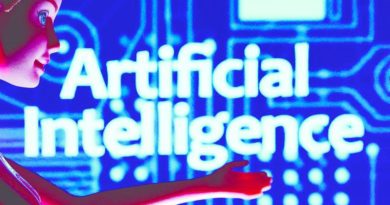ASEANEWS HEADLINE-MENTAL HEALTH | SINGAPORE: Brain Bank Singapore signs up 380 donors; 9 brains harvested for research
.
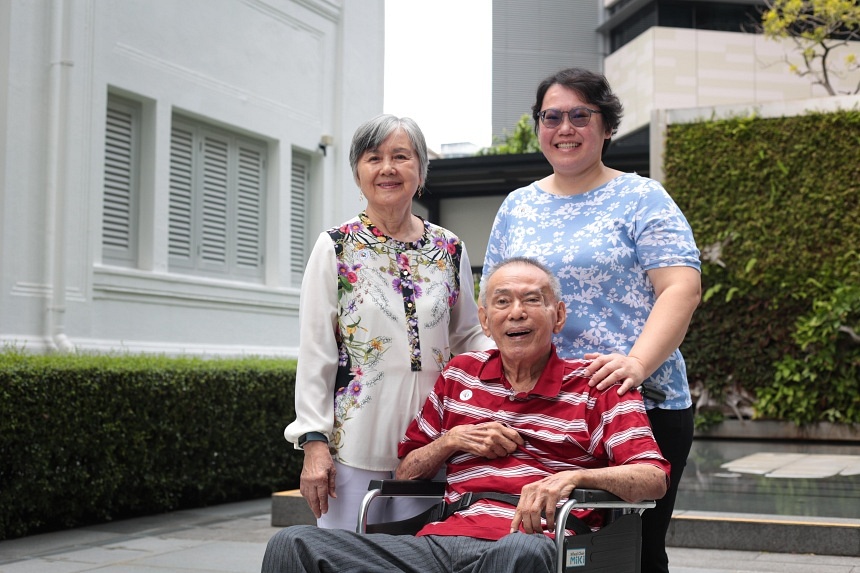
.Ms Evelyn Yeo and her parents. Her father is one of 380 pledged brain donors at the Brain Bank Singapore. PHOTO: LIANHE ZAOBAO
..
.

SINGAPORE – In 2022, when Ms Evelyn Yeo learnt about a family who had made a donation to the local brain bank – the first in South-east Asia – she knew her father could contribute to medical science by becoming a donor as well.
Her father, Mr Yeo Shung Poh, who has just turned 78, is not only living with the neurological disorders, Alzheimer’s and Parkinson’s diseases, but also has obsessive compulsive disorder.
Hints of the ravages to his brain came when he was in his early 60s and diagnosed with mild cognitive impairment.
Her mother was agreeable to the brain donation, and they asked Mr Yeo if he was keen, Ms Yeo told the audience gathered in an auditorium at the NTU Lee Kong Chian School of Medicine campus in Mandalay Road to celebrate the fifth anniversary of Brain Bank Singapore (BBS).
“In one of the moments when he was clear-headed, mum and I broached the topic and my dad only asked one question: ‘They will only take my brain after I die, yah?’” she said.
Ms Yeo, 47, an associate director in a medical technology firm, said her father, a former garment business owner-turned-taxi driver, has always been a generous man and was committed to doing his part to help future generations.
It joins fewer than 200 brain banks in the world, with most of them located in North America, Europe and Australia. Those in Asia are mainly in China, India and South Korea.
Ms Yeo said her father’s condition has been hard on him and the family.
Though he does not repeat himself, he has shown behavioural changes and exhibited violent tendencies. He also had delirium and hallucinations.
“We wish that with brain research, other patients like my dad do not have to go through what he did, and also families do not have to endure… the caregiver stress,” she said.
Research will be able to shed light on the mysteries of the brain, and new cures found, she added.
In his speech at the event, Singapore’s director-general of health, Professor Kenneth Mak, said neurological diseases are a key research priority here, given the rising prevalence of neurodegenerative disorders such as Alzheimer’s and Parkinson’s diseases, as the population here continues to age.
.
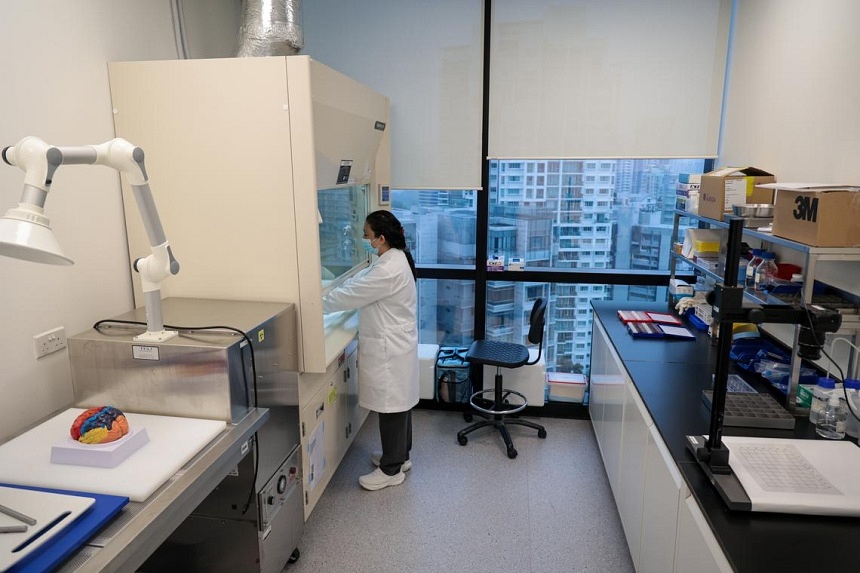
.
Ads by:
In Singapore, it is estimated that more than 100,000 people will have dementia by 2030, he said.
Associate Professor Adeline Ng, the director of BBS and a senior consultant at the National Neuroscience Institute, told the audience that in 2023, BBS also retrieved its first spinal cord tissue following the death from amyotrophic lateral sclerosis of Mr Ooi Lin Kah, who was the president of the Motor Neurone Disease Association Singapore.
Mr Ooi, who was 64 when he died, had wished to become a brain donor.
Researchers will be able to use the donated tissues to develop better ways to prevent, diagnose and treat life-altering conditions like dementia and Parkinson’s disease, said Prof Ng.
They will also be able to use the tissues to better understand and develop more effective treatments for neuro-psychiatric conditions such as depression, schizophrenia and bipolar disorders.
Ads by:
Having a brain bank in South-east Asia is vital in aiding research on neurological disorders, to study their causes in Asians and look at the genetic differences across different ancestries, Prof Ng said.
One of the first studies to use BBS tissue will map out different cell types and where they are found in the brains of those with Alzheimer’s disease. This will pave the way for scientists to find targeted treatment for the disease, as well as new therapies for prevention, she said.
Associate Professor Jimmy Lee, a senior consultant in the department of psychosis at the Institute of Mental Health, said he is looking to study which parts of the Asian brain are more affected with a neurological condition like schizophrenia, but would need a sizeable pool of at least 10 brains with the condition.
With more donors, the chances of harvesting a brain have gone up, which helps as not all harvested brains can be used. So far, there have been eight retrieved brains that could not be used for various reasons, including infectious diseases.
Ads by:
Another pledged donor who attended the event, Mr Ong Guan Kooi, 66, signed up not only as a brain donor but as a whole-body donor two years ago, when he found out he had mild cognitive impairment.
The retired taxi driver recalled a chat he had with a passenger, a doctor, several years ago, about the importance of organ and whole-body donation for medical education and research, for the betterment of society.
.
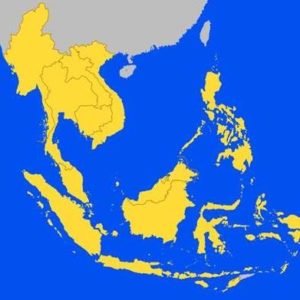 Ads by:
Ads by:

.

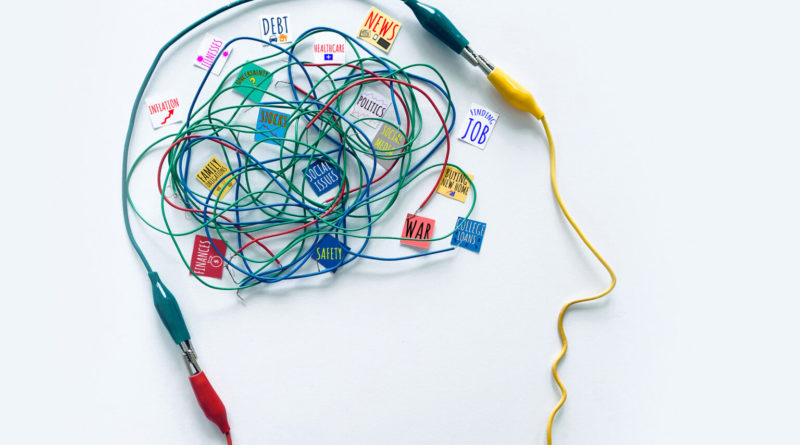
 Memento Maxima Digital Marketing
Memento Maxima Digital Marketing






